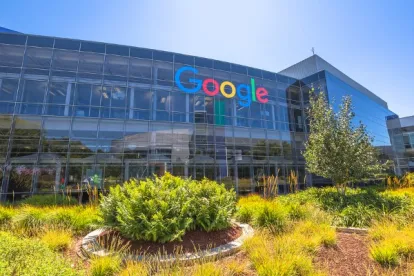The FTC and Attorneys General from seven states announced settlements with Google and iHeartMedia for disseminating thousands of allegedly deceptive endorsements, with the two companies being required to pay $9.4 million in state-levied penalties.
The allegations surround the radio marketing of the Google Pixel 4 smartphone. According to the FTC’s complaint, Google paid iHeartMedia more than $2.6 million to have on-air radio personalities read Google-scripted endorsements without having used, or even seen, the Pixel 4 device. The English and Spanish language endorsements, which were read nearly 30,000 times by dozens of endorsers in at least 10 major media markets, included personal anecdotes about the Pixel 4, including:
-
“I’ve been taking studio like photos of everything.”
-
I’ve used the Pixel 4 to take photos of “my son’s football game.”
-
“I didn’t miss a second of my daughter’s school play even though I was in the last row.”
The FTC’s complaint quotes extensively from emails written by one or more iHeartRadio employees in which iHeartRadio told Google that its on-air personalities were hesitant to endorse the product without using it. There were also multiple email requests over several months requesting Google to send iHeartRadio the devices to share with the would-be endorsers.
The FTC’s proposed order against Google prohibits the company from misrepresenting that an endorser has owned or used certain products or about their experience with those products. The proposed order with iHeartMedia prohibits it from misrepresenting that an endorser has owned or used any product or service or about their experience with the product or service.
These cases serve as a useful reminder that the FTC’s Endorsement Guides set forth a simple advertising truth: “When the advertisement represents that the endorser uses the endorsed product, the endorser must have been a bona fide user of it at the time the endorsement was given.”





 />i
/>i

